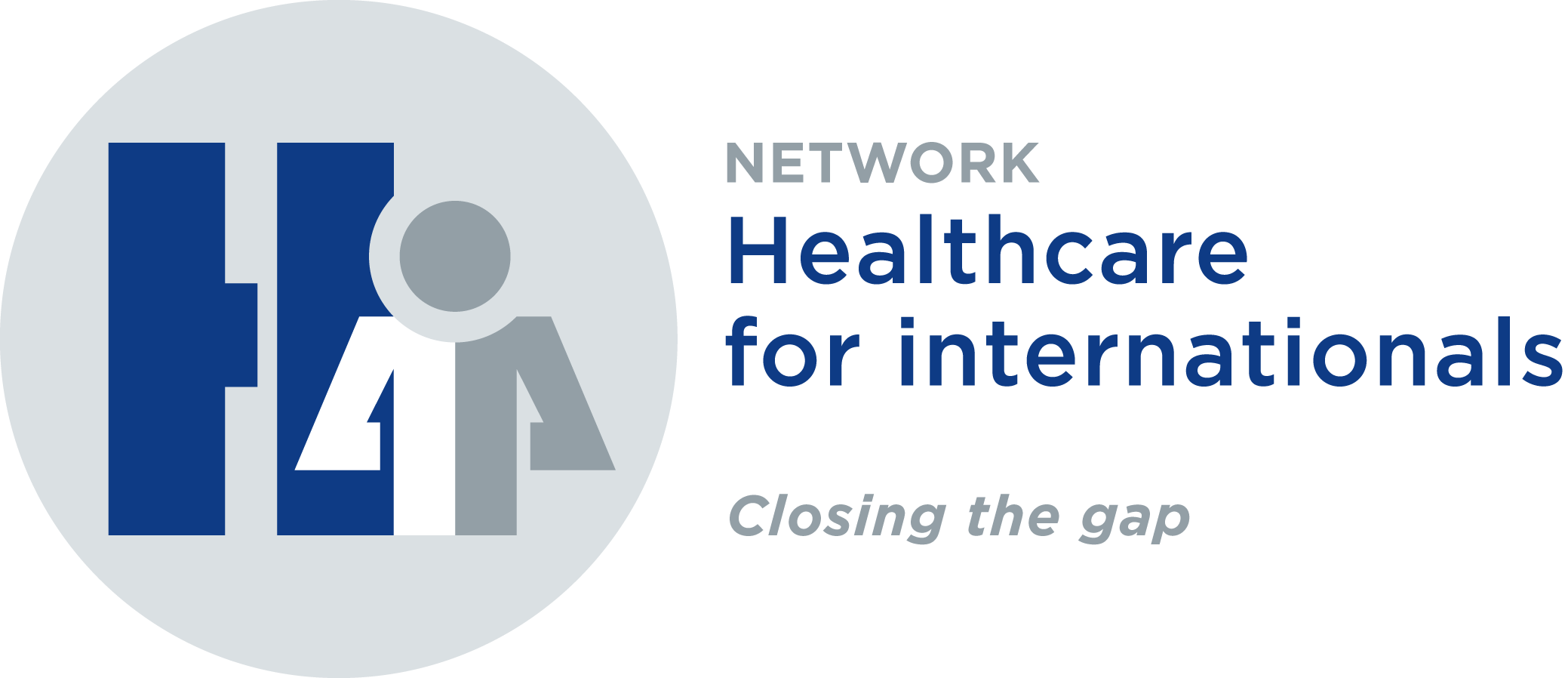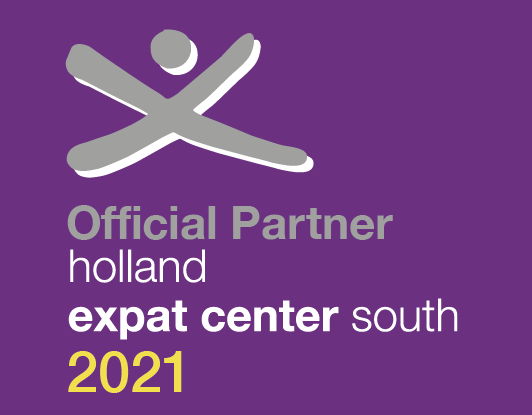Managing chronic illness
SGE, an Eindhoven-based healthcare corporation, has launched a number of special care programs focused on treating persistent (chronic) disorders. Healthcare providers work closely together throughout the program, tailoring the care you receive to your personal needs.
Which caregivers can you expect to meet through the care program?
- General Practitioner/ Family Doctor: establishes the diagnosis and prescribes medication if necessary.
- Nurse Practitioner: your central point of contact. He/she coordinates the care program, contributes to the diagnosis, provides information, holds appointments with you, and consults the GP regarding medication adjustments. He/she will help you set health goals as part of your individual healthcare plan.
- Nurse Practitioner psychosocial care: provides help with any mental health issues that may arise due to your illness, or in case of problems at work or at home.
- Assistant: supports the GP and practice nurse. He/she holds an important administrative role.
- Pharmacy: dispenses and monitors your medication.
- Physiotherapist: helps improve your fitness or muscle power, individually or as part of an exercise program.
- Psychologist: is involved in supervision through consultation or group therapy if symptoms are severe or persist for too long.
- Dietician: supports you through adapting to a customized diet.
- Podiatrist: helps with problems concerning feet, ankles, and lower extremities.
- Pedicurist: provides cosmetic treatments such as nail care and callus removal.
- Specialist: supports specific treatment questions. For example, prescribing the right medication.
Treatment plan
In close consultation with you, we will draw up a personal treatment plan – your individual care plan. This treatment plan will outline what kind of care is important to you, what you can do yourself, and what assistance you need. ‘My online care program’ (Mijn zorgprogramma online) can help.
Cost
Participation in special care programs is covered by the basic health insurance package. Once a diagnosis is made, all consultations with GPs and practice nurses will be reimbursed. Some parts of the care program do incur costs, so please ask your practice nurse or practice assistant for further information.
Available care programs:
Psychological issues
Psychological complaints concern your feelings and thoughts; for example, if you feel sad, abandoned, anxious, tense, or angry. Sometimes these feelings are accompanied by physical symptoms such as palpitations, insomnia, fatigue, and headache. Such feelings are normal reactions to unpleasant events, and are usually self-limiting. When these feelings recur or become more severe, you may need temporary help.
Do you have any psychological issues? Over the course of one or more appointments, your GP will be able to estimate the severity of your symptoms. Usually the GP will ask you to fill out a questionnaire before the (next) consultation.
Heart and vascular diseases
There are several types of cardiovascular disease. The most widely known are arteriosclerosis, angina (chest pain), kidney damage, heart attack, and stroke. Do you have (an increased risk of) cardiovascular diseases? Then you need proper guidance and treatment. SGE can help you with the Cardiovascular Diseases Care Program.
Diabetes
The official name for diabetes is diabetes mellitus. There are multiple types of diabetes, the most common being diabetes type 1 and type 2. In type 1 diabetes, the body does not produce insulin. Type 1 diabetes almost always requires hospital treatment. In patients with diabetes type 2, the pancreas produces too little insulin, or the body is resistant to insulin produced. Type 2 diabetes can be treated at a health center.
Do you have type 2 diabetes? Then you need proper guidance and treatment. SGE can help you with the Diabetes Care Program.
COPD
COPD is an incurable lung disease characterized by permanently narrowed small airways and damaged alveoli. The main cause of COPD is smoking.
Do you have COPD? Then you need proper guidance and treatment. SGE can help you with the COPD Care Program.
Asthma
Asthma is a disease of the respiratory tract (tubes in the lungs). Normally, the airways are wide enough to easily breathe in and out. In asthma patients, these airways are narrowed from time to time. Less air is able to pass through, causing patients to feel short of breath and/or find it difficult to breathe.
Do you have asthma? Then you need proper guidance and treatment. SGE can help you with the Asthma Care Program.
Elderly
Vulnerable elderly people often have reduced control over their own lives, and require extra care to help with their complex situation. Although frailty increases with age, the vast majority of older people are not vulnerable. Vulnerability can manifest in physical symptoms such as weight loss. Around 33% of vulnerable seniors suffer from a form of (early) dementia.
Do you have a partner, relative, or friend who shows signs of vulnerability? Then expert guidance is crucial. SGE can help you with the Vulnerable Elderly Care Program.
 Nederlandse website
Nederlandse website Nederlandse website
Nederlandse website


